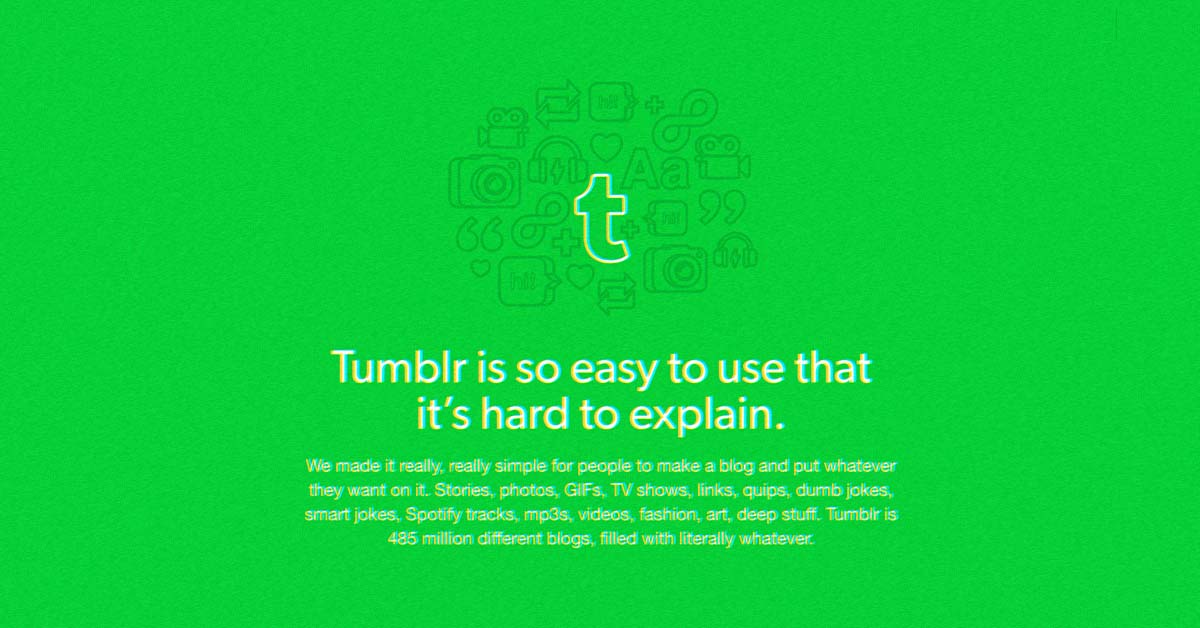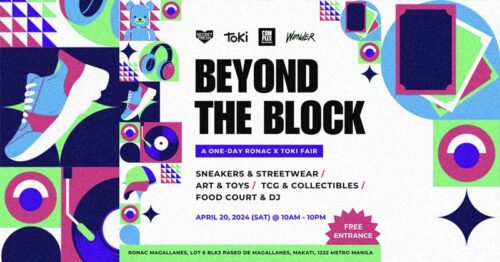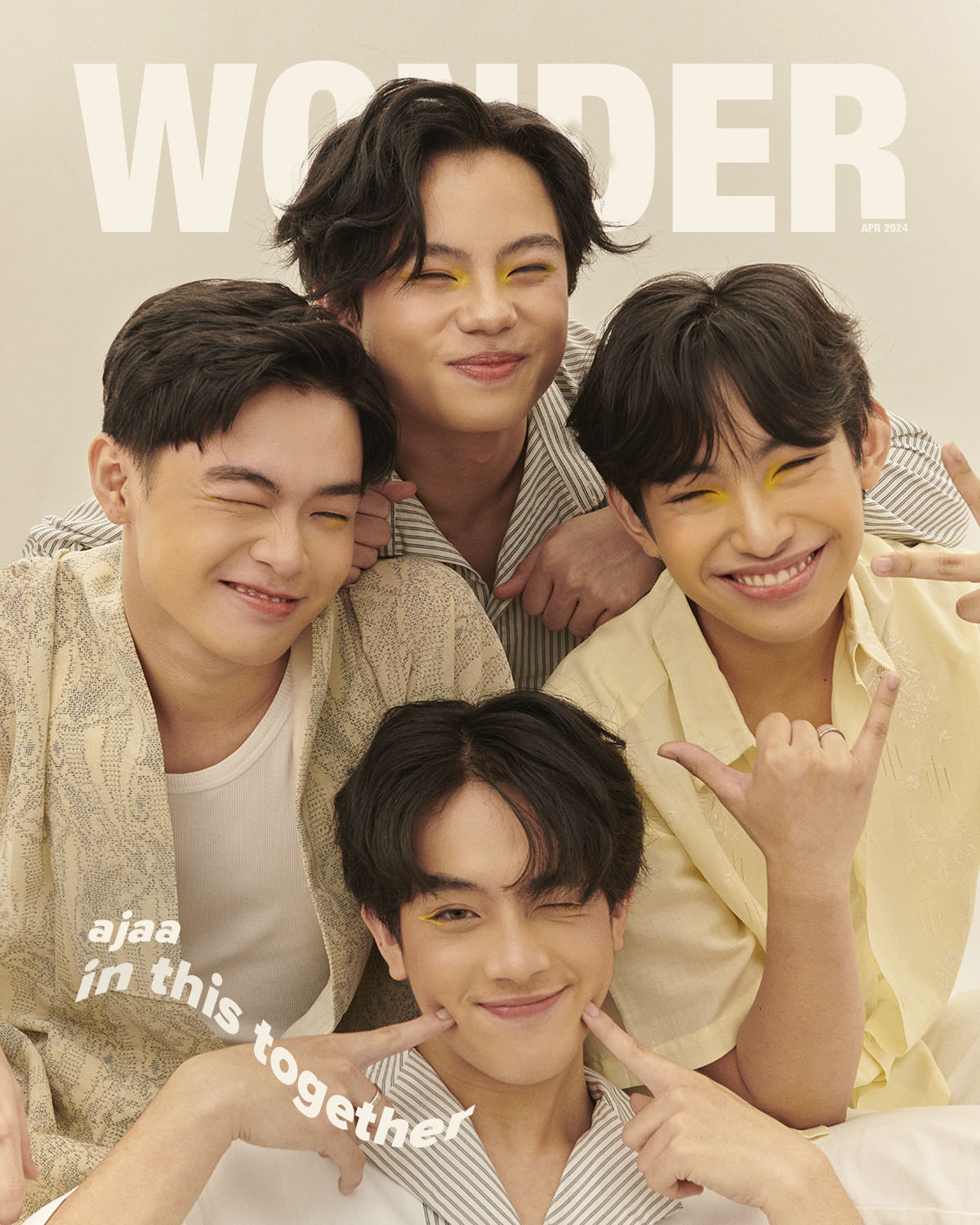On finding my voice, honing my craft and discovering a community through one nostalgic blogging platform
I was a gawky and hopeful 16-year-old freshman when I created a Tumblr account; I can't imagine myself without it. My username thunderpopcola was a top-of-mind idea that stuck with me for years. Signing up was my way of handling grief—albeit publicly—which turned out to be my coming-of-age miracle.
I blogged to make sense of my first heartbreak. I found validation in making my sadness palpable; it made me feel seen. (Writing displaces my emotions until calm arises.) At first, it was a daily photo diary; at some point, it became a lookbook of sorts, then a platform to record lesser-known films (see Elektrick Children, Ginger & Rosa, Like Crazy) and feature “hipster” music (yawn). Above all, it was an online journal where I discovered my burgeoning love for visual storytelling—even if for the most part, it was centered on the self.
Referred to as the “last bastion of a friendly social internet,” Tumblr was not a breeding ground for competition—or a money-making machine. There were no advertisements or #Sponsored posts. Users shared their day-to-day in detail, without the looming fear of always MIA. It was no performance. You were your most authentic self and your own kind of “weird.” More than that, it became a platform to discover like-minded individuals, some who have even become my best pals. Everybody had a place at the table.
Adapting to the ever-evolving digital landscape has always been a challenge. I've grown and experienced so much, from exchanging testimonials on Friendster, posting barcada albums on Multiply, long-form publishing on Tumblr and now, being disillusioned—and burnt-out—by Instagram.
 |
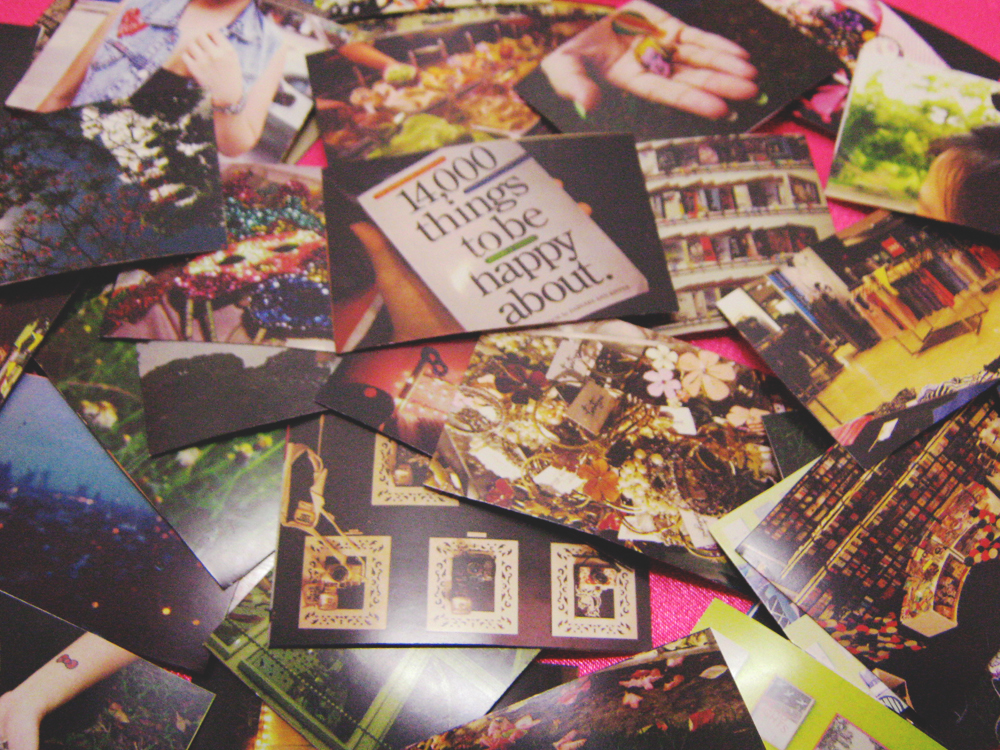 |
 |
 |
 |
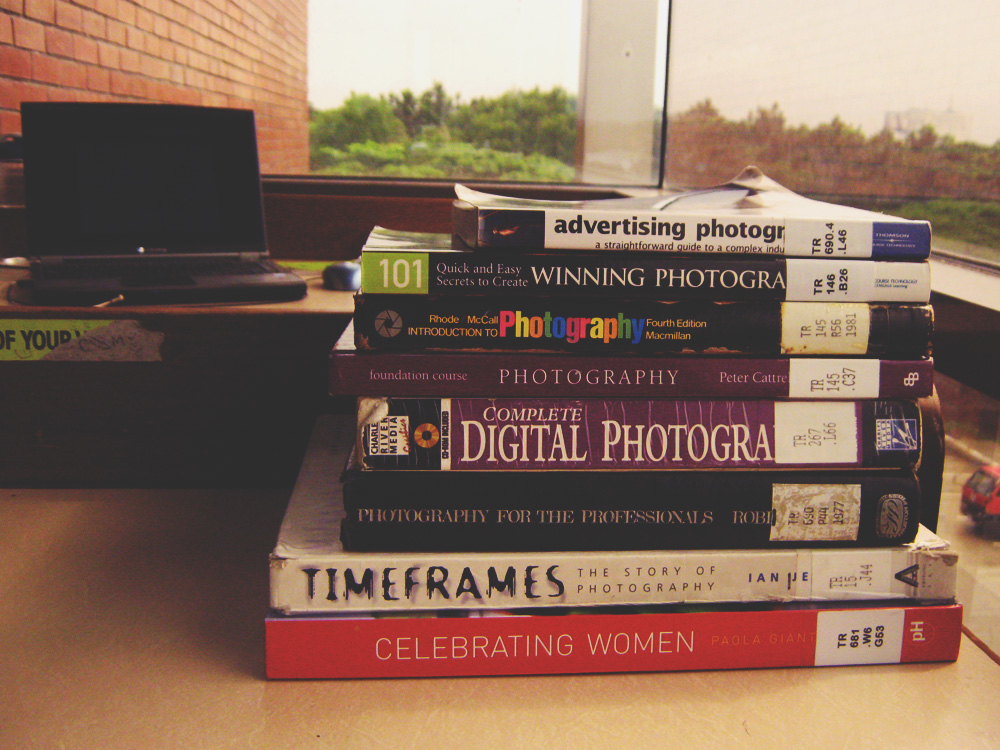 |
(Discovering photography with my shiny, pink 7.1 megapixel entry-level digital camera, 2010)
David Karp's $800,000 Art Project
In 2013, Yahoo acquired Tumblr for $1.1B. Before that, it was essentially David Karp's $800,000 art project. At 20, he found the blogging platform—without attending university. (It was the stark beginning of young online prodigies.) It was heavily inspired by the tumblelog, “a blog format which enables short-form, mixed-media posts,” which may contain text, video, audio, quotes and links. It was different from other platforms and had customizable blog features. This was, of course, before the rise of (now obsolete) #NSFW content communities and “ships” like Park Jimin and Jeon Jungkook from BTS.
In a brief interview with Media Bistro, David shares, “The magic of Tumblr is we let you put anything in and get it out any way you want. We want you to be able to post anything… A lot of times people look at Tumblr as an auxiliary to long-form blogging, or it can be viewed that way, and I think it’s how a lot of media people are using it. One really interesting characteristic of it is that it’s much easier to maintain, and I think it’s [a type of blogging that’s] much easier to sustain.”
Essays on Self-Delusion
My most reblogged entry is still in circulation now. This Is How You Lose Her has almost 600,000 notes (likes and reblogs.) My fresh from college and love-hungry self wrote, “You lose her when you don’t notice that she notices everything about you: your use of proper punctuation that tells her continuation rather than finality, your mindless humming when it's too quiet, your muted laughter when you're trying to be polite.” Was I emo or what?
It’s ironic how I amassed an audience online, although very small, by writing about my shallow understanding of relationships. I admire that starry-eyed youth but she had a lot of growing up to do privately. In Jia Tolentino's debut novel Trick Mirrors: Essays on Self-Delusion, she writes, “Through the emergence of blogging, personal lives were becoming public domain, and social incentives—to be liked, to be seen—were becoming economic ones.”
RELATED: How Eliminating Instagram Likes Can Be Helpful for Your Mental Health
An Artifact
At some point, I felt completely detached from blogging. In an entry in 2015, I wrote, “Our audiences have evolved. In this Instagram obsessed culture, who would even take the time to read a blog post? (Hey, I can't even be bothered to read a lengthy caption.) We're bombarded with easy information, easy advertising and easy marketing through a perfectly curated feed validated by the double-tap. This phenomenon makes long-time bloggers like myself lonely, irrelevant and uninspired.”
Now a full-fledged Tita of the internet, I consider my personal blog an artifact of my growth and my being, which somewhere still exists on the World Wide Web. As Joan Didion puts it, “Memory fades, memory adjusts, memory conforms to what we think we remember.” I may not be proud of it, but I'm relieved to know and revisit—from time to time—a small part of my history. Thank you, David Karp.
RELATED: An Introvert's Guide to Growing Your Influence
Art Alexandra Lara


